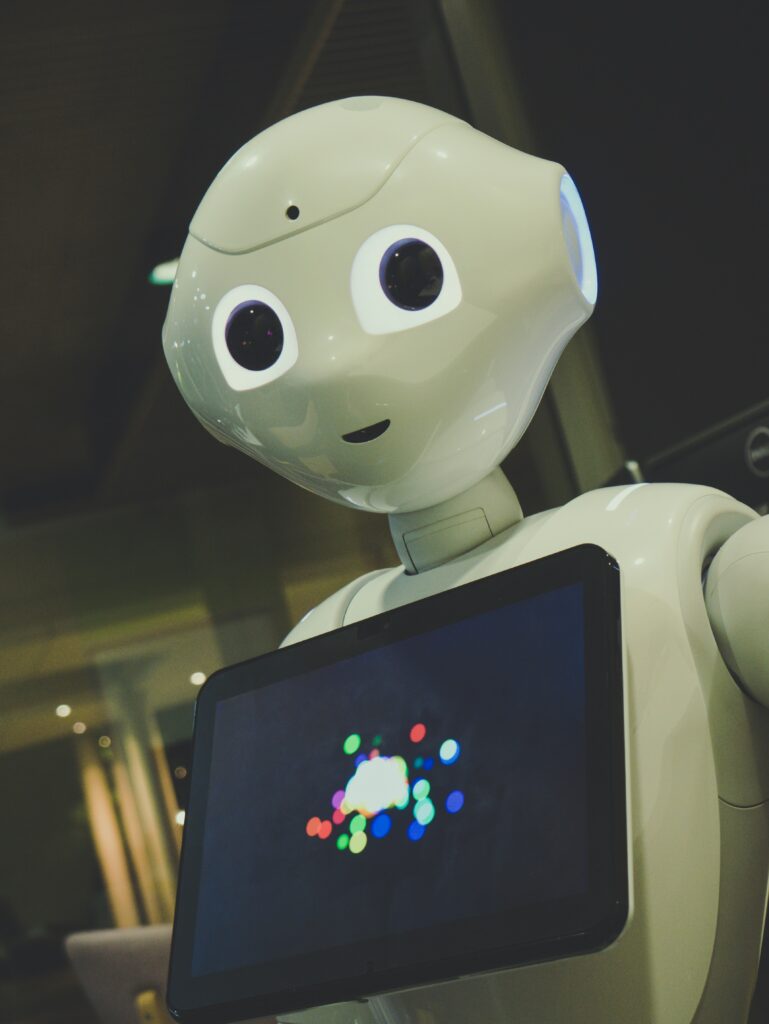The question “Why AI?” is a deep and multifaceted one, touching various aspects of technology, society, and human progress.
Here are several key reasons why artificial intelligence (AI) is relevant and important:
Problem solving: AI has the potential to solve complex problems that are beyond the capabilities of traditional computing methods.
By simulating human intelligence processes such as learning, reasoning, and problem-solving, AI systems can tackle complex challenges in areas such as healthcare, climate modeling, finance, and logistics & many more.

- Efficiency and automation system: AI can automate repetitive tasks and streamline workflows, leading to increased efficiency and productivity across a variety of industries.
From manufacturing and customer service to data analysis and content creation, AI-powered tools and systems can perform tasks faster and with greater accuracy than humans as usual doings. - Insights and decision making: AI can analyze vast amounts of data to uncover patterns, trends, and insights that may not be obvious to human analysts at one point of time.
This capability enables businesses and organizations to make data-driven decisions, optimize processes, and gain a competitive edge in the marketplace. - Personalization and customization through AI: AI algorithms can personalize products, services, and experiences based on individual preferences, behavior, and feedback. This level of customization increases user satisfaction, engagement, and loyalty in sectors such as e-commerce, entertainment and healthcare there is huge role of AI & it’s growing day by day.

- Innovation and creativity by AI: AI technologies is such a great innovation, as generative models and deep learning algorithms, can facilitate innovation and creativity by generating new ideas, designs, and solutions. From art and music to scientific discovery and engineering, AI is pushing the boundaries of human creativity and imagination.
- Accessibility and inclusivity: AI has the potential to improve accessibility and inclusivity by creating more inclusive products, services, and environments.
For Ex, AI-powered assistive technologies can help people with disabilities navigate the world more independently, while language translation algorithms can facilitate communication across linguistic barriers which also a great things for human growth. - Challenges and ethical considerations: Despite its potential benefits, AI also raises significant challenges and ethical considerations, including bias in AI algorithms, job displacement due to automation, privacy concerns, and the potential misuse of AI for malicious purposes.
Addressing these challenges requires careful regulation, transparency, and ethical guidelines to ensure that AI technologies are developed and deployed responsibly at this digital age or else it is going to be very very difficult to fight with AI negative development.
Conclusion: AI has tremendous potential to address complex problems, improve efficiency and decision-making, enhance personalization and creativity, and promote accessibility and inclusiveness.
However, realizing this potential requires a concerted effort to address the challenges and ethical considerations associated with AI development and deployment as well so can be more safe & friendly for fair use.
What is Remaker AI? How Remaker AI is Revolutionizing Content Creation?
Exploring the Dark Side of Technology Misuse & How this Misuse is happening?
